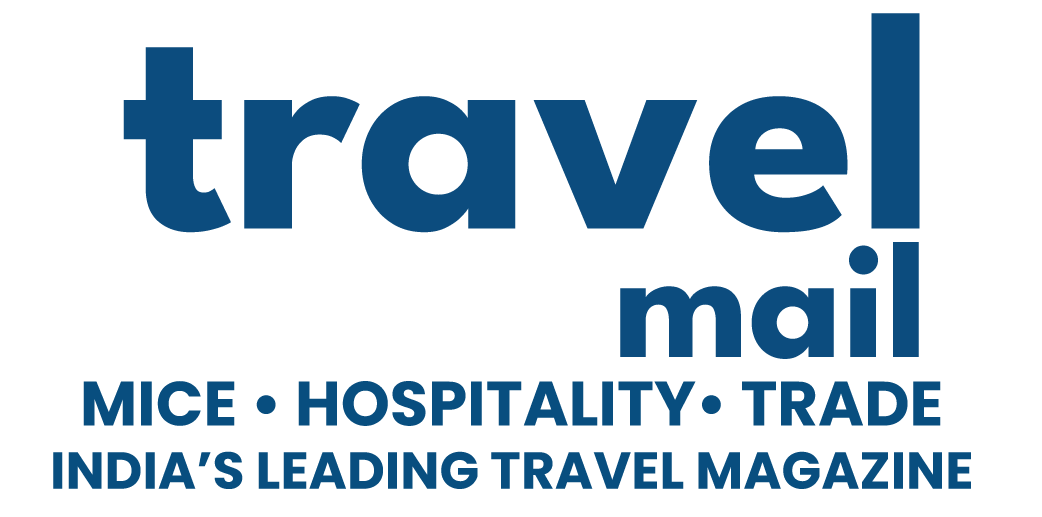Generative Artificial Intelligence (AI) has emerged as the primary catalyst for innovation within the travel sector, reshaping how businesses interact with customers, deliver services, and optimize operations. As the industry looks toward 2025, travel technology leaders identify Generative AI as a top priority, signalling a profound shift in the focus and investment of the industry. However, alongside the excitement, several challenges, including talent shortages, return on investment (ROI) concerns, and data security risks, must be addressed to ensure the successful integration of this transformative technology.
Generative AI Takes Center Stage in Travel Technology
A recent study conducted by Amadeus, “Navigating the Future: How Generative Artificial Intelligence is transforming the travel industry,” revealed that 46% of travel industry leaders consider Generative AI their top priority for the upcoming year. In Asia Pacific, this figure is even higher at 61%, demonstrating the region’s strong commitment to spearheading the adoption of this cutting-edge technology.
This growing emphasis on Generative AI places it ahead of other critical technologies such as data management (38%), cloud architecture (36%), and biometric technology (23%). The widespread belief among industry leaders is that Generative AI already has a significant presence in the travel sector, with 51% stating that it is already transforming their operations. Furthermore, 36% expect Generative AI’s influence to grow over the next year, while only 2% believe the technology’s impact will take more than three years to materialize.
Budget and Resource Allocation for Generative AI
Implementing Generative AI has financial implications. According to the report, 41% of travel companies confirm that their organizations have the budget and resources required to deploy Generative AI initiatives fully. Moreover, an overwhelming 87% of businesses are open to partnering with third-party vendors to develop and implement AI-powered applications.
This highlights the industry’s readiness to invest in AI-driven solutions to improve efficiency, customer experience, and operational effectiveness. These investments are particularly crucial as the competition to harness the power of AI in travel intensifies.
Challenges in Deploying Generative AI: Data Security, Talent Shortages, and ROI
While the travel sector’s enthusiasm for Generative AI remains strong, several key challenges have surfaced that may slow down its deployment. The most pressing concerns include:
- Data security: Cited by 35% of industry leaders, the risk of breaches and the need to protect sensitive customer information are paramount concerns.
- Lack of Generative AI expertise and training: 34% of leaders report difficulties in sourcing qualified personnel to manage and develop AI systems.
- Data quality and technological infrastructure: 33% believe that existing systems are not adequately equipped to handle the data demands of Generative AI.
- ROI concerns: 30% of respondents expressed scepticism about the potential return on investment, largely due to the lack of proven use cases and the complexity of measuring AI’s long-term value.
- Difficulty in connecting with partners or vendors: 29% cited challenges in establishing collaborative partnerships, which are essential for building robust AI ecosystems.
To overcome these barriers, travel companies are focusing on upskilling their workforce, improving data governance, and ensuring that AI investments align with clearly defined business objectives. As the industry continues to evolve, leaders must also strike a balance between innovation and risk management, ensuring that AI implementation remains secure and scalable.
Generative AI Use Cases in the Travel Sector
Generative AI’s impact on the travel industry is already evident in several key use cases, which are reshaping both customer experiences and internal operations. According to the Amadeus report, the top applications of Generative AI in travel include:
- Digital assistance for travellers during booking: A leading use case for 53% of companies, AI-powered chatbots and virtual assistants are streamlining the booking process by offering real-time support, personalized recommendations, and hassle-free solutions.
- Tailored recommendations for activities and venues: 48% of travel businesses are leveraging AI to provide highly personalized suggestions based on travellers’ preferences, making vacations more engaging and customized.
- Content generation: With 47% adoption, AI tools are increasingly being used to create dynamic, relevant, and engaging content, from travel itineraries to promotional material, helping brands stay ahead in the digital landscape.
- Enhancing staff capabilities: AI is empowering employees by providing insights and automating routine tasks, with 45% of companies noting improvements in customer service delivery.
- Collecting and condensing post-travel feedback: 45% of businesses are also using AI to gather and analyze customer feedback, which is crucial for refining services and ensuring higher satisfaction rates.
What Defines Successful Generative AI Deployment?
The true measure of Generative AI’s success in the travel sector lies in its ability to deliver tangible results. According to the report, the top performance indicators for evaluating AI’s success include:
- Return on investment (ROI): Leaders are keen to see a clear financial return on their AI initiatives, and this remains a critical factor in assessing long-term success.
- Customer satisfaction: Ensuring that AI-driven systems improve the customer journey—from booking to post-travel feedback—is a high priority for the sector.
- Efficiency and productivity improvements: AI’s ability to automate tasks, streamline workflows, and reduce human error is vital for improving operational efficiency.
- Performance metrics: These include accuracy, precision, and relevance of AI-generated outputs, particularly in areas like personalized recommendations and dynamic content creation.
- Increases in key performance indicators (KPIs): Whether it’s higher customer retention, improved upsell rates, or reduced processing times, successful AI deployments will have a measurable impact on core business KPIs.
The Road Ahead: Challenges and Opportunities for Generative AI in Travel
Sylvain Roy, Chief Technology Officer, Amadeus, said: “At Amadeus, we work to make the experience of travel better for everyone, everywhere and there is perhaps no better example of this mission coming to life right now than through the deployment of Generative AI. This is a technology that has the potential to transform every facet of what we do across the travel ecosystem, significantly enhancing the passenger experience at every step of the journey.
As the technology matures, travel companies must deploy AI responsibly, ensuring that all systems adhere to the highest standards of privacy, security, and content reliability. In doing so, the industry can unlock the full potential of Generative AI, creating a seamless, intelligent, and engaging experience for travellers worldwide.
Read more at Travel Mail | Follow us on Facebook | Twitter | and Instagram for on-the-go news

